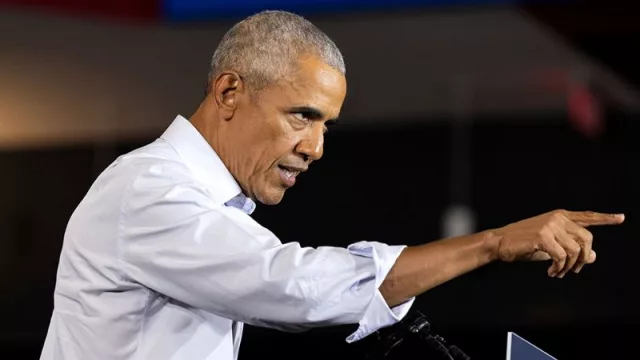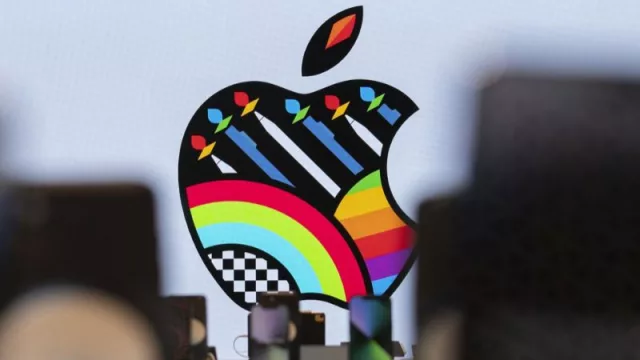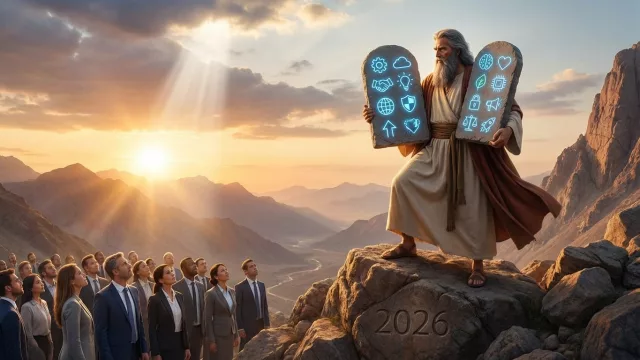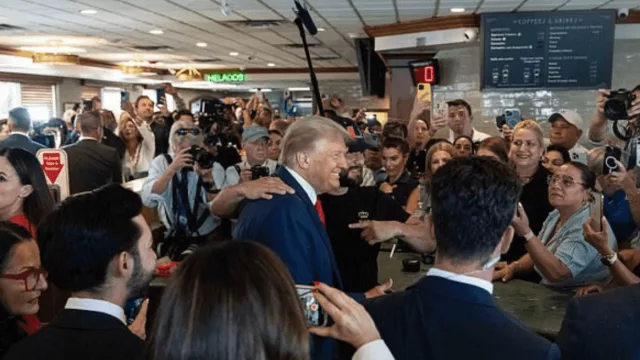We will call this new regime of enchantment "Hypnocracy": a form of political domination that operates through spellbinding, emotional distraction, and critical anesthesia.
It's the logic of power in the era of screens, narratives, and marketing, where governing consists of capturing and managing attention.
Hypnocracy is the regime of our time. It hasn't replaced democracy abruptly but has decomposed it from within, masquerading in its forms while emptying its content.
Governing today isn't about managing reality but producing fictions convincing enough to maintain the collective dream. The great task of our time, then, isn't to resist a visible dictatorship but to awaken from a permanent seduction.
Awakening involves dismantling the spell. Recovering critical capacity, the desire for truth, and the courage to see beyond the screen. Because as long as the enchantment lasts, power will continue to be exercised without opposition, and politics will increasingly become an art of sleeping while awake.
I. The Spectacle as a Form of Government
21st-century politics has fully embraced its theatrical nature. The content of the message matters less than its format and its ability to generate immediate reactions. Hypnocracy feeds on this permanent theatricalization of power. The political leader becomes a "performer": someone who must remain present, visible, and emotionally active, even when their decisions lack real impact.
Guy Debord (1967), in his work "The Society of the Spectacle," anticipated this phenomenon with prophetic clarity. For him, the spectacle is not just a collection of images but a social relationship mediated by images.
In hypnocracy, this relationship transforms into a closed circle: the citizen no longer actively participates in political construction but observes, applauds, gets indignant, and comments. More spectator than actor, more consumer than citizen.
This transformation is not accidental. Neil Postman (1985), in "Amusing Ourselves to Death," points out that television—and, by extension, digital media—not only changes the content of public discourse but also its form and logic. What matters is not what is said, but whether it's entertaining. Thus, politics adapts to the rhythm of channel surfing: brief, superficial, and emotional.
II. Media Hypnosis and the Simulacrum
Hypnocracy doesn't need censorship or repression. Its strength lies in saturating the senses, not restricting them. Citizens are constantly exposed to an avalanche of stimuli that creates a sense of participation, though no such thing exists. Elections still happen, but their options are increasingly limited; debates continue, but they go in circles; real and structural decisions are made off-stage.
Jean Baudrillard (1981) offers a key insight here. In "Simulacra and Simulation," he argues that in our era, reality has been replaced by its representation. It's not about hiding the truth but producing a simulacrum more convincing than reality. In political terms: democracy isn't suppressed, it's simulated.
The citizen votes, opines, and reacts, but everything happens within a pre-designed game.
Chomsky and Herman (1988), in "Manufacturing Consent," address how the media doesn't inform but shapes public opinion. Hypnocracy relies on these mechanisms: it decides what's relevant, what's discussed, what's scandalous, and what's forgotten. Thus, consensus is produced not by rational persuasion but by emotional repetition.
III. Anesthetized Society, Empty Democracy
Hypnocracy doesn't work without fertile ground: a depoliticized citizenry, more interested in individual comfort than collective transformation. Here, Gilles Lipovetsky's (1983) contribution is key, describing postmodern culture in "The Era of Emptiness" as an epoch of soft narcissism, where social commitment yields to the cult of personal experience.
The hypnotized citizen doesn't want to know, but to feel. Giovanni Sartori (1997), in "Homo Videns," warns that the shift from a written to a visual culture weakens abstract thinking. What isn't shown doesn't exist. What doesn't evoke emotion doesn't matter. This cognitive transformation feeds hypnocracy, which prefers sensitive citizens devoid of critical judgment.
The consequence of this model is a formal democracy, but one emptied of substance. The set remains—elections, debates, institutions—but the foundation has eroded: autonomous thinking, collective deliberation, and the sense of the public. Government still exists, but it operates behind the veil of distraction.
IV. Artificial Intelligence, Algorithms, and the Deepening of the Spell
In the era of hypnocracy, power is not exercised only through screens but through the algorithms that inhabit them. Artificial intelligence has become the new oracle of power: it predicts behaviors, profiles citizens, personalizes discourses, and adjusts emotions in real time. What was once general manipulation is now specific seduction, tailored to each individual based on their cognitive, emotional, or cultural weaknesses.
Social media no longer just distributes content but prioritizes what generates the most emotional response. AI doesn't need to know what we think: it's enough to know how we react. In that sense, it feeds and perfects the spell. It shows us what we want to see, reinforces our beliefs, isolates us in validation bubbles, and reinforces the illusion of freedom.
Add to this the emerging development of "quantum computing," which promises unimaginable processing power. Connected with artificial intelligence, it could take political simulation to an unprecedented level: scenarios modeled with millimeter precision, decisions optimized instantly, and real-time control of social variables.
Instead of governing complex realities, the hypnocracy of the future could govern over hyper-precise probabilistic models, anticipating reactions before they occur.
This power isn't exercised from ideology but from design. It doesn't need to justify, it just needs to function. And in that seductive efficiency—in that algorithm that knows what we want before we do—the final form of domination is played out: the one that operates without resistance because it's not even perceived as domination.
References
Baudrillard, J. (1981). Simulacra and Simulation. Paris: Galilée.
Chomsky, N., & Herman, E. S. (1988). Manufacturing Consent: The Political Economy of the Mass Media. Pantheon Books.
Debord, G. (1967). The Society of the Spectacle. Paris: Buchet-Chastel.
Lipovetsky, G. (1983). The Era of Emptiness. Paris: Gallimard.
Postman, N. (1985). Amusing Ourselves to Death: Public Discourse in the Age of Show Business. Viking Penguin.
Sartori, G. (1997). Homo Videns: The Televised Society. Taurus
-
Subscribe for free to receive all strategic information and be part of the largest business and culture community in the anglophone-Latino world!
Contact Infonegocios MIAMI:
Read Smart, Be Smarter!












Tu opinión enriquece este artículo: